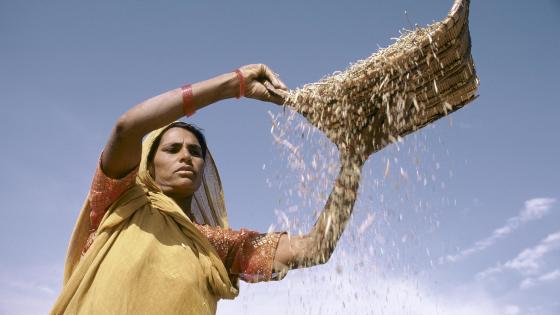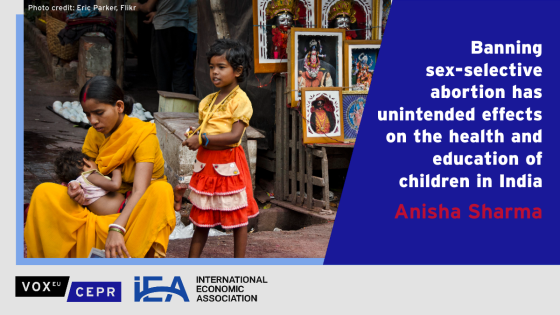Discussion paper
DP15696 'Til Dowry Do Us Part: Bargaining and Violence in Indian Families
We develop a non-cooperative bargaining model with incomplete information linking dowry payments, domestic violence, resource allocation between a husband and a wife, and separation. Our model generates several predictions, which we test empirically using amendments to the Indian anti-dowry law as a natural experiment. We document a decline in women's decision-making power and separations, and a surge in domestic violence following the amendments. These unintended effects are attenuated when social stigma against separation is low and, in some circumstances, when gains from marriage are high. Whenever possible, parents increase investment in their daughters’ human capital to compensate for lower dowries.
£6.00


